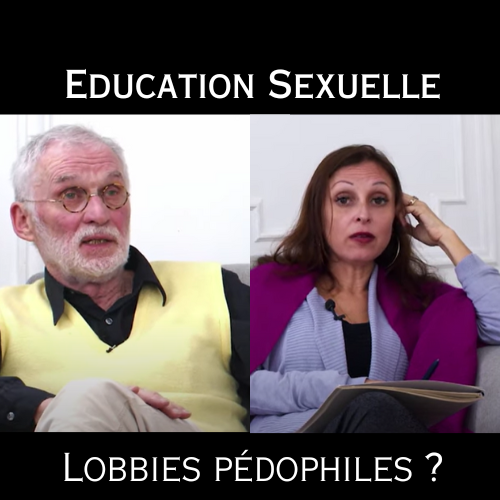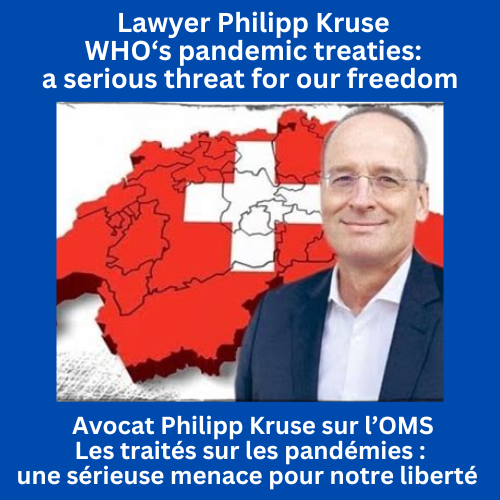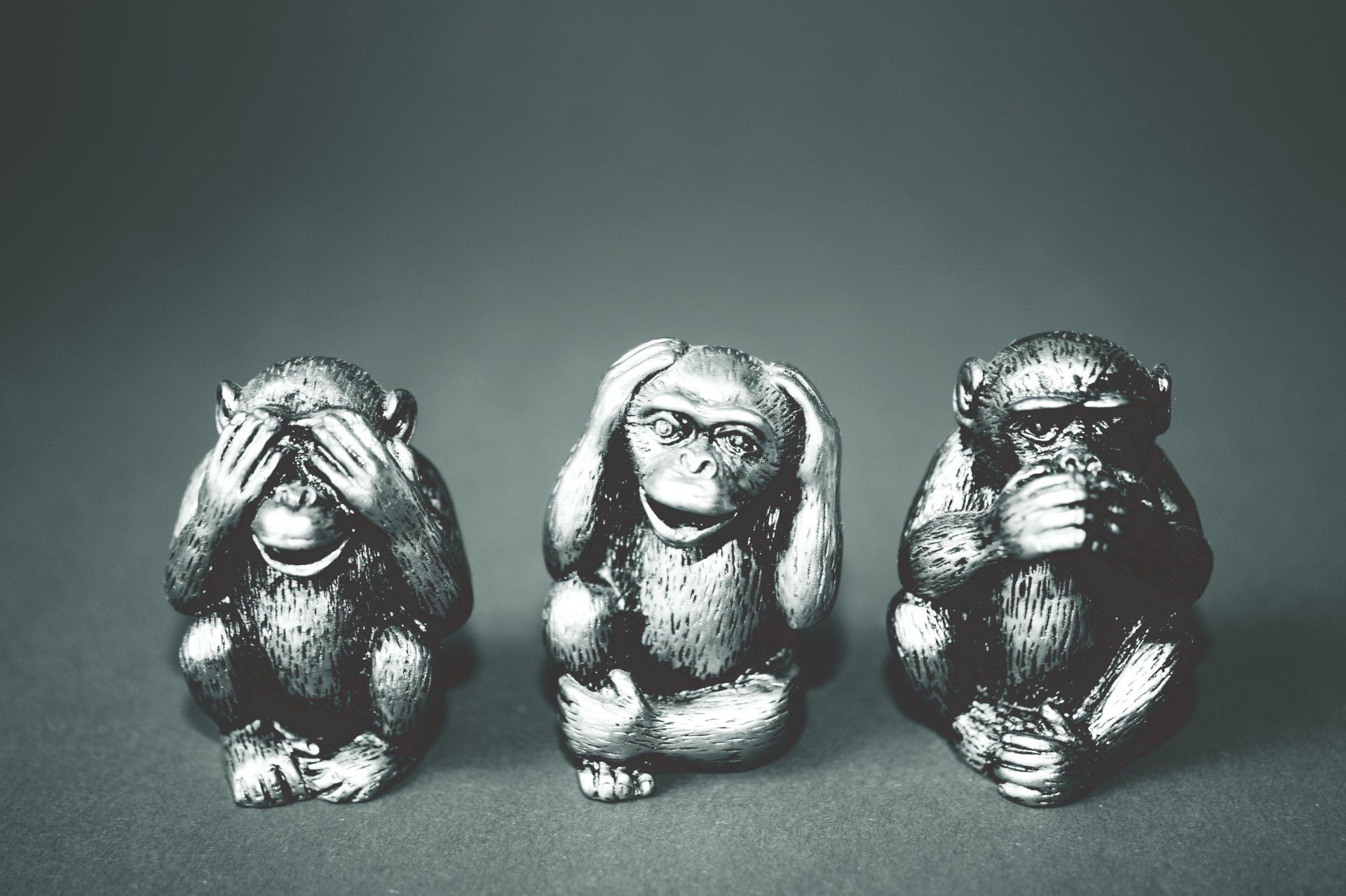CHRONICLES OF TOTALITARIANISM - 2
Ariane Bilheran. Ph.D
On Violence in the Totalitarian Phase
Updated: 7 days ago
A power that loses its authority tips over into violence. And this violence "from above" is mirrored by the violence "from below", which in turn is used by the "above" to legitimize its oppression. This is the phase into which some countries will enter, while others are already there. What is the possible way out of this vicious circle?
Article published in
Antipresse n°295
and
Arianebilheran.com
Author: Ariane Bilheran, a graduate of the Ecole Normale Supérieure (Ulm), philosopher, clinical psychologist, and doctor of psychopathology, specializes in the study of manipulation, paranoia, perversion, harassment and totalitarianism.
“To renounce to our liberty is to renounce to our status as a man, the rights of humanity, even of our duties. There is no compensation for anyone who gives up everything. Such a renunciation is incompatible with man's nature.”
Rousseau, The Social Contract.
What a curious quote from Rousseau, in the light of the current situation in which so many people agree to give up their freedom under cover of a lie, without having the knife to the throat, far from it. Quite simply, because many of them aspire to preserve their comfort and privileges, and because they have been chained to them little by little. Blessed in spirit are the poor. Beati pauperes spiritu, which I have always wanted to translate, not in the traditional way - that of respecting the order of the words in Latin - as "blessed are the poor in spirit", but as "blessed in spirit, the poor", so much so that spiritual power is precisely the divine gift granted to the poor who are deprived of everything on the material level.
Let's get to today's topic. Faced with the onslaught of totalitarianism, the temptation of a violent response is increasingly visible. In terms of experience, it seems to me that, in the near future for some countries (I am thinking of France), and in progress for others (notably Colombia), the historical moment of violence is inevitable, as a behavioral mirror of totalitarian radicalization. But is necessity the law? In other words, is violence, which is a passage in the historical dialectic of events, legitimate?
Totalitarian rule calls for its share of violent confrontations, especially physical ones, between the people and the authorities.
These are events in which the reprisals are extremely violent on the people. The harassment will get tougher. It is the Terror in the literal sense, when the people, a larger part of whom are now beginning to understand that the discourses were not so honest as that, intend to question the totalitarian project. After the perverse charming and seductive capture, the real face shows itself, hideous, hateful, controlling, watching all the exits, including the emergency exits. The cards are down. In domestic violence, this is similar to the strangulation scene when the victim, who now feels a certain discomfort in this couple that had seemed idyllic at first, wants to leave but realizes that she is now being held hostage. You're not leaving anymore, and if you want to leave, I'll kill you. This is indeed the next step, and we discover here and there how well the plan was put together: facial recognition, QR code to access hospitals, transport, gas station, supermarkets ... My goodness, the "conspiracists" were right, and some were way off base.
The people are being held hostage in the literal sense!
Violence arises when power has lost its authority. It then confiscates the monopoly of violence. While violence is instrumental, "power finds its own end in itself," says Hannah Arendt [1]. It is always the political question of the end and the means that is raised. Clearly, does the end justify the means? Power is not a means, but "the very condition that can enable a group of people to think and act in terms of ends and means" (Ibid.) When the vertical and transcendental relationship (transformation, sublimation, and authority in the relationship to the sacred) to violence is lost, violence is expressed in the horizontality of social relationships. For we are, with totalitarianism, in René Girard's famous "sacrificial crisis", that which no longer institutes the sacred in symbolic form, but needs to sacrifice its citizens in the literal sense.
With totalitarian rule, violence strengthens its control: to the violence of power without authority, which intends to maintain itself in power "at all costs", responds the violence of the people who demand their liberation from a power that has become tyrannical. "The reign of pure violence begins when power begins to be lost," says Hannah Arendt. The decomposition of state power through violence is illustrated in the communard and revolutionary attempts and a return to the instrument of coercion through popular demands. There is a body-to-body relationship between the body of the Prince or power and the social body of the people. Let us remember that in paranoia, the second degree does not exist: everything is taken at face value, so the social body, for totalitarian ambitions, is a body that must be subdued. Whoever moves will have his head cut off, and his life will be worth no more than the "topping of a cabbage," to use Hegel's expression about the Terror instituted by Robespierre. Violence is therefore inevitable in response to the totalitarian ambition, which desacralizes the individual, to substitute the sacralization of the masses, and the ideology based on idolatry.
The internal disintegration of power leaves the field open for the explosion of violence.
Power is radicalized in violence, while the people, reappropriating a legitimacy of action in high past deeds (for the French, the French Revolution, the Commune, the Gauls etc.) The right to use violence as an instrument of resistance. Since legitimization is found in the appeal to the past, the justification of violence will be defined by the objective in the future. This violence must be not only legitimized in the past, but also justified by a high idea of the future, in order to make it acceptable to the popular movements.
Let us remember, however, that, if violence seems a necessary evil in the dialectical process of history, it is on the other hand radically incapable of establishing political power. "Violence can destroy power, it is perfectly incapable of creating it," adds Hannah Arendt. In this sense, it is only the tool of a moment in history, just as the necessary disintegration occurs in natural soils. There is an immutable law of birth, growth, maturity, decay, death, and decomposition that governs plants as well as empires. Moreover, the legitimization in the glorious past of the feats of arms of the people who are regaining their power, or the justification in the future by noble ideals, the main one claimed being that of freedom, do not protect against the arbitrary character of violence.
The ideal can quickly slip into a utopian ideology, just as totalitarian as that of the enemy.
For we are dealing, once again, with a collective psychosis, paranoia, which is very little understood, and which contaminates the psyches, including those of the resistant people (in language, in particular). As a result, it is not uncommon to see figures in the resistance that are just as frightening as those that are supposed to be fought, with identical procedures. It is the work of collective paranoia and its specular mechanisms.
Authority is the foundation of power, its base, its guarantee of duration on a temporal level [2]. Clearly, there is a fierce opposition between authority and harassment, as in the case of childish slapstick, when authority decreases, harassment increases, and when authority is high, harassment remains at the daisy level. For Hannah Arendt, violence is never legitimate, which is why it must invent a past legitimacy and find a justification in its purpose. Power based on authority, on the other hand, is always legitimate; it is recognized unconditionally by popular consensus.
But I am told, there is such a thing as self-defense, which is legitimate violence! And how else can we free ourselves from tyranny than by killing Caesar?
In the totalitarian context, which is still different from simple tyranny, it is even more complex, insofar as the means to free oneself from the yoke of collective paranoia often take on a disproportionate importance compared to the end that should justify them and is never achieved. Clearly, more arbitrariness is inseparable from the violence itself.
Totalitarian closure and the inhibition of movements prevent the traditional outlets of violence, which act as regulators, or pressure cooker stoppers, so that the civilizing work, which is often only a thin veneer, can be maintained. This was the case with certain festivals in antiquity, such as the Greek Theatre (intended to purge the passions), the Saturnalia (among the Romans, servants took the place of masters and vice versa, for a limited time), or closer to us, the Carnival for example. This societal, if not political, institution of impulse discharge made it possible to mediate and control the violence that each person is the bearer of, in order to return to a stabilized order of things. By prohibiting all these regulatory tools, and festivals in particular, and Carnival in particular, totalitarian power indicates that it has given itself a monopoly on violence and only allows its discharge by the way it has decided, in the elimination of the symbolic. It is indeed, in this sense, a hold-up.
To weaken totalitarianism is therefore to divest it of this monopoly of violence.
To assume that all violence is morally reprehensible does not seem right, for sometimes it is the only way out to claim a free existence. The first violence undergone by a human being is to take away his freedom, the second, that he does not fight to regain it. Let us not forget either that, in the myths, it is also violence that brings out the devouring paranoia: violence of the castration of Ouranos by his son Chronos, at the request of his mother. The victim will have to flee or destroy her violent husband!
But in view of the mechanisms mirrored in resistance to totalitarianism, with disproportionate or justified violence "at all costs", we must be cautious. Violence, although an obligatory and undoubtedly necessary step in the historical dialectic, cannot be legitimate in itself, at least in relation to the Christian values that have formed the basis of our European civilization, namely charity and love of neighbor.
Experience also shows that there are only two outcomes: either paranoia destroys itself and consumes itself, or it continues its warlike logic of expansion until annihilation. In any case, it is doomed to failure, because I remind you that it is a delusion that will necessarily collide with reality and will end up deflating, in proportion to the unbelief of the masses.
Freud in Why War? of 1932, tells Einstein that what gets a civilization going again are two pillars. The first is love, charity "love your neighbor as yourself". The second is identification, that is, the ability to find in the face of the human other another self, united by a sacred thread, whereas totalitarianism is only the incarnation of hatred of the other. In any case, violence is only a moment in history. It will pass away, like everything else, and we must anticipate the reconstruction, starting from our roots, our culture, of precisely what has crossed the centuries, a work that we must continue: to archive, to conserve, to preserve culture from totalitarian raids, in the manner of the monks of the Middle Ages, in order to maintain and guarantee the link of transmission through the ages of Humanity. At least, as long as this is possible, it is necessary and sufficient that a few commits themselves to it.
Notes
[1] Arendt, H. "On Violence".
[2] I refer to my book Psychopathologie de l'autorité, Paris, Dunod, 2019.

By Vera Sharav, Ariane Bilheran
•
10 Nov, 2023
Les guerres ne sont perpetuées que par ceux qui veulent dominer les peuples et financent le marché des armes. Ne nous trompons pas de cibles. Ne tombons pas dans leurs pièges.. Mettons cette fois-ci les vrais coupables hors de portée de nuire. RAPPEL IMPORTANT PLUS JAMAIS ÇA Vera Sharav

By EPOCH
•
09 Nov, 2023
Il y aurait-il un lobby pédophile qui s'infiltrerait dans les écoles par le biais des pressions de l'OMS et du Planning Familial sur les états. Est ce de la pure fiction ou la réalité ?
Les textes existent. Dr Ariane Bilheran, Dr en psychopathologie et Régis Brunod Pedopsychiatre, nous en parlent et partagent leur expertise.
"St. Michael the Archangel, defend us in battle, be our protection against the wickedness and snares of the devil. May God rebuke him, we humbly pray and do thou, O Prince of the Heavenly Host, by the Divine Power of God, cast into hell Satan and All the evil spirits who wander throughout the world seeking the ruin of souls. Amen."
Prayer to St. Michael














